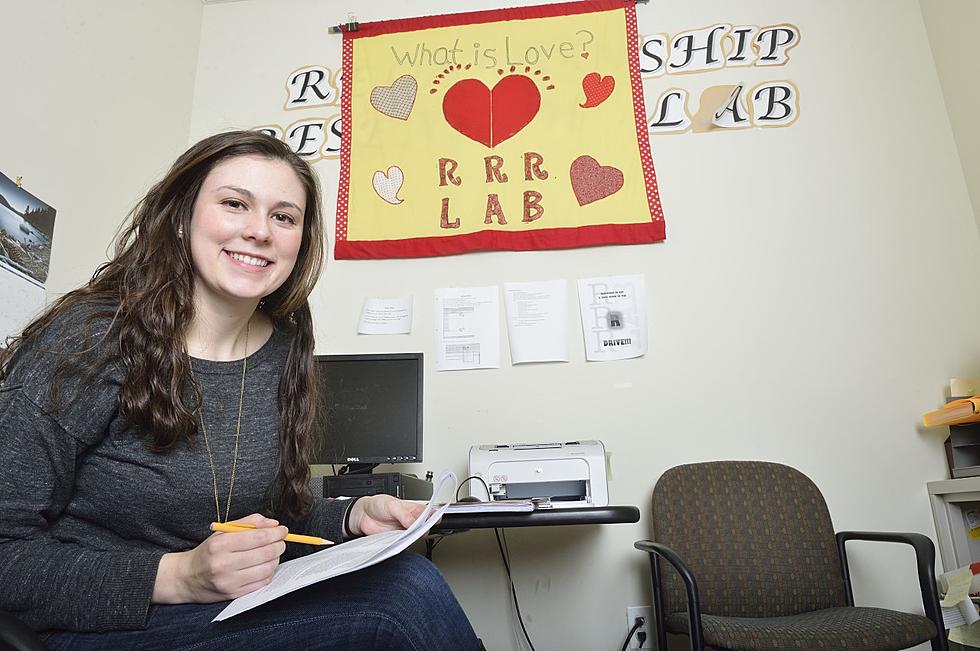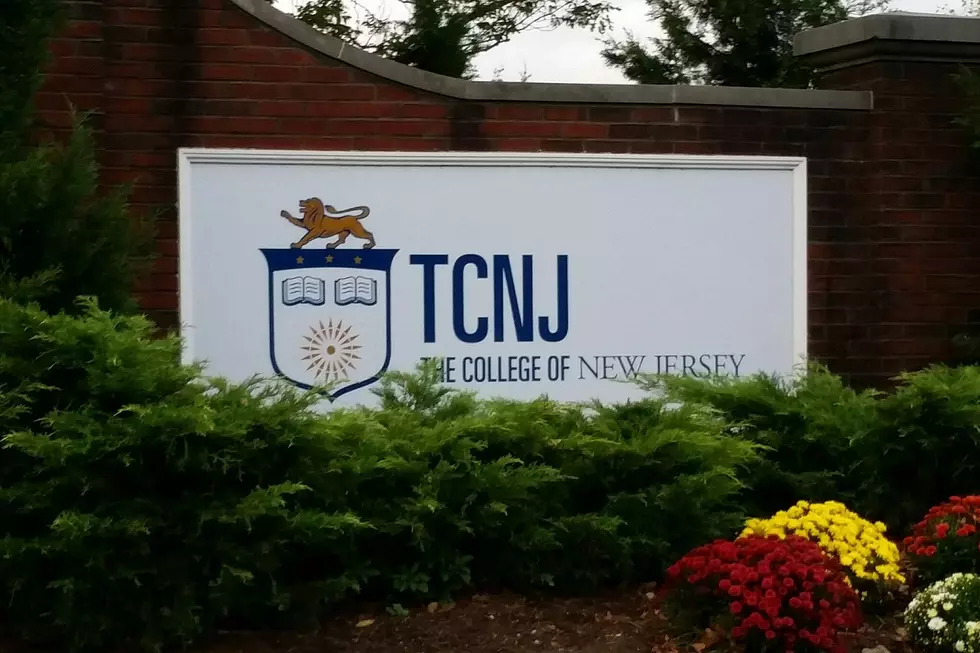
What do colleges look for on a prospective student’s application?
Applications for most colleges become available the summer of a high school student's senior year. It could be the Common Application, known as Common App, or a school-specific application. Some schools offer multiple applications, so it's best if students reach out and ask which they prefer, according to Matt Middleton, associate director of admissions at The College of New Jersey.
He said students can start sending their applications to colleges in the beginning of their senior year. They should also be connecting with their guidance counselors to make sure that other materials are being sent to the colleges like high school transcripts.
Robert McCaig, vice president of enrollment management at Monmouth University, recommended that students attend college fairs at high schools, meet counselors, pick up materials and spend high school summers visiting schools, especially those that are a great distance away
Middleton said most high schools in New Jersey are on a system called Naviance where the student can easily input the schools they're applying to and then guidance can send the transcripts electronically. With Common App, those get loaded electronically into the school system. He said colleges will reach out to a student if they haven't received a transcript, urging them to get the school to send it.
Middleton said students also need to connect The College Board or ACT to make sure standardized test scores are being sent to the appropriate colleges.
One thing students can start thinking about even before senior year is who they want to get to write recommendation letters for them. Middleton said often times, teachers get inundated with that at the start of the school year. They appreciate it when students ask them at the end of junior year so it gives them the summer to work on the letters.
The application process runs through the fall and winter. He said most schools will have deadlines while others will have rolling admissions.
Once the materials are received, it's a waiting game for the colleges to evaluate the student's application, said Middleton. However, all students are notified by April 1 — the national notification date. If a student does not hear by April 1, something went wrong in the application process, he said.
The college try
So what are colleges looking for in a prospective student besides test scores and grade point average? Middleton said he looks for students who challenge themselves academically. He also looks at activities and involvement, which is huge in the application process for most schools. Volunteer work and leadership roles are things students want to emphasize as well.
But he also said what colleges really care about these days is demonstrated interest. Have students visited the campus? Have they engaged with a counselor at a college fair? Have they emailed the school to connect with questions? Those things are all being tracked by many schools. Those could add up if a student is really excited about a school.
What does Monmouth University look for in a student? McCaig said students need the good grades and test scores. He agreed that students need to show that they were involved in organizations and some type of leadership roles. It's important to also be a part of a following capacity to show that a student is good following instructions. Volunteership helps as well as a distinctive essay.
As far as the elite schools, McCaig added it's even more competitive.
"It doesn't hurt if you wrote a book or built a robot to get in," he said.
While the SATs and ACTs are important, Middleton said most schools care more about the transcript and how a student did across four years of high school. The test scores may supplement that but the grades are the most important. McCaig added that about a quarter of colleges are SAT optional for a part of the applicant base. It doesn't mean it's optional for every student who applies. Some schools are SAT optional if a student has a GPA of 3.5 or above in high school. For all the other students who don't, the institution is going to look at the SAT and ACT scores.
Getting it 'write'
One of the most stressful parts of the college application is the essay. Middleton said the essay can be a key factor in the application review process.
"I think for many students, it only really adds on to the rest of their application. It doesn't necessarily change anyone's mind if the student is very strong academically or on the lower end of a school's applicant pool. The essay is not going to be a huge factor at that point," said Middleton.
But for students who are on the bubble for admissions, the essay can play a significant role.
Middleton stressed that the essay needs to really be about the student. Make sure the student is bragging about who they are and what they're all about. He said there is no secret to make the first sentence amazing to captivate the reader's attention. Most schools are going to read the essay, no matter what. He also said to make sure a student gets someone to proofread the essay before they hit the "submit" button.
McCaig agreed with Middleton that the essay is important. But he said the student, not the parent, should write it. Students should make it distinctive so the schools have some lens into their personality. Non-derivative essays are key. He would love to read essays on how students' views of diversity are different than their parents and the struggles they've had in coming to terms with their own feelings of ethnic diversity.
Some general advice Middleton had for students is that he or she has to take as much ownership of the application process as possible. So if a student has an issue with the application, he or she should be on the phone with the admissions office. If a student is on a college tour, he or she should be raising their hand asking questions.
McCaig's advice for prospective students is simple: Relax. He said the kids still need to do the work and complete the application process but he doesn't want them stressing about it either.
The one good thing to come out of the college admissions scandal is that it revealed a dirty secret.
"It doesn't matter where you go. It matters what you do while you're there," he said.
Before this scandal, the popular media concentrated mainly on the elite colleges, making it seem that a person was a failure if he or she didn't get into one of those schools. The residue of the scandal should bring some comfort to people, added McCaig. You can get great educations at a whole lot of institutions in the country without going to Harvard or Yale.
More from New Jersey 101.5:
More From New Jersey 101.5 FM









